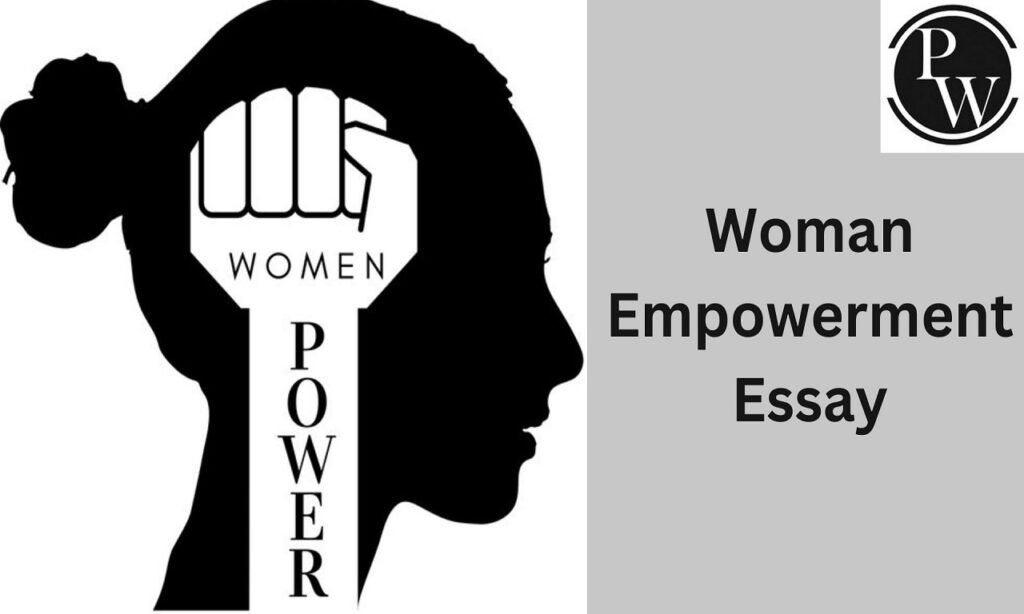Introduction
Today, I stumbled upon an eye-opening survey that sheds light on the investment behaviours of working women in India. The findings reveal a stark reality – only a mere 18% of single working women make their investment decisions independently. Let’s dive into the key takeaways from this study and Practical Strategies for Women’s Empowerment

Understanding the Survey Results
The survey, ‘Understanding Women – Usage and attitude towards financial products,’ encompassed more than 6,850 women across 21 cities in India. Here are some key insights:
– 72% of working women rely on their spouses or parents for investment decisions.
– Only 28% of working women consider themselves as sole decision makers.
– The percentage drops to 18% for single working women and 13% for married working women making independent investment choices.
Factors Influencing Women’s Investment Decisions
The study highlights that women, in general, are cautious and risk-averse when it comes to investments. Let’s check some Practical Strategies for Women’s Empowerment. They prioritize safety and security over potential returns. Additionally, the survey notes that husbands often play a dominant role in investment decision-making for both working and non-working women.
Encouraging Financial Independence
It’s crucial to empower women to become more involved in managing their finances. Initiatives like ‘Winvestor’ by DSP BlackRock aim to educate and inspire women to take control of their financial well-being. By providing access to financial education and encouraging women to seek professional advice, these programs pave the way for greater financial independence.
Women’s Investment Priorities
The survey reveals that women primarily invest for future security and their children’s education. Interestingly, while women in non-metro cities focus more on these aspects, those in metros show a higher inclination towards investing to build wealth. Surprisingly, tax-saving does not emerge as a significant motivator for women to invest.
Building Trust in Financial Institutions
The survey indicates that women exhibit a higher level of trust in nationalized banks compared to private and foreign banks. This trust factor plays a crucial role in shaping women’s investment decisions and preferences.
Conclusion
The findings of this survey underscore the need to bridge the gap in financial literacy and empower women to take control of their financial destinies. By fostering a culture of financial independence and providing the necessary resources and support, we can create a more inclusive and empowered society.
Remember, financial empowerment knows no gender. Let’s continue the conversation and champion inclusivity in the world of finance!
Statutory Warning: This blog is for information purposes only and should not be considered as financial advice. Readers are advised to conduct their own research before making any investment decisions.

